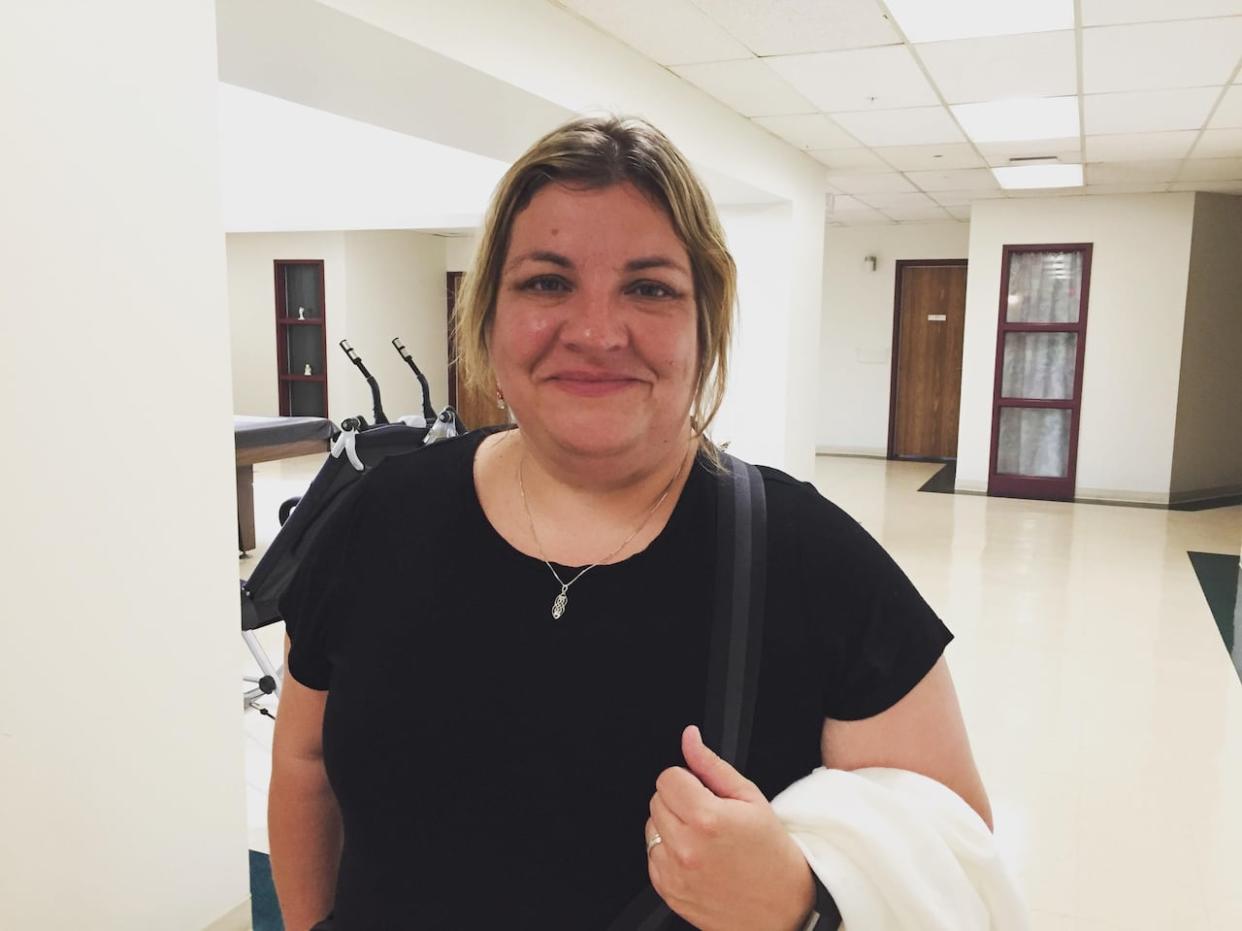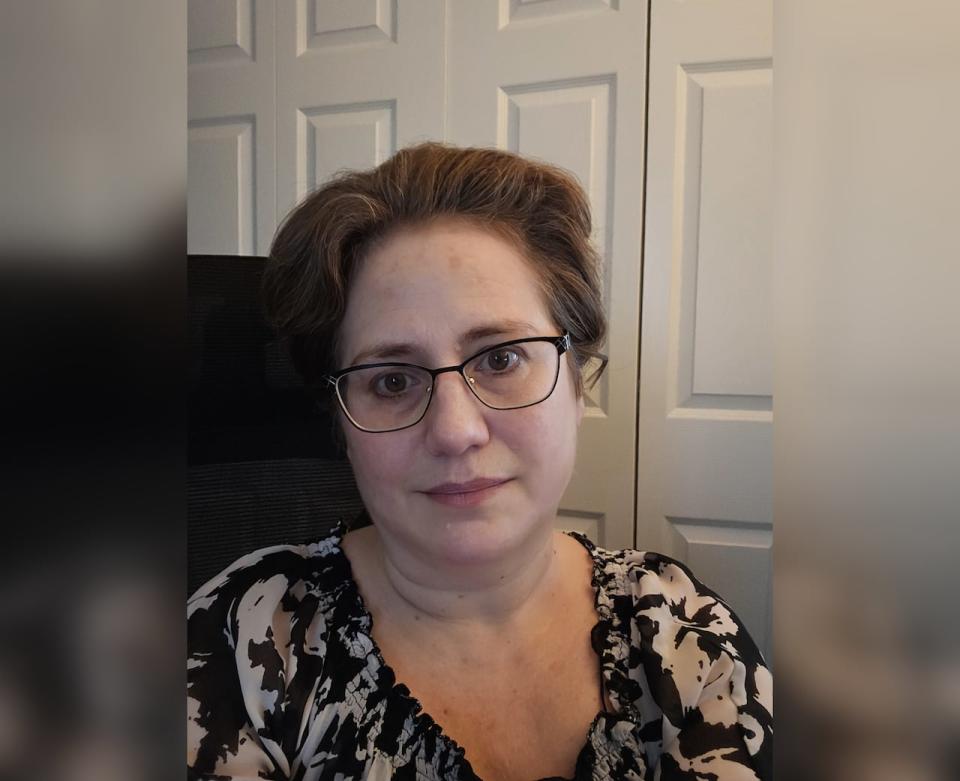New Brunswick disability advocates say $200 federal benefit not enough

This week's federal budget contained more details about a national disability benefit — but some advocates say the dollar amount is nowhere near enough.
Haley Flaro with Ability New Brunswick said the $200 benefit is missing a zero.
"The consultations that have happened through Canada and in New Brunswick regarding the benefit, never ever did I hear that $200 a month would help lift people out of poverty," said Flaro.
"The benefit discussions really centred around a $2,000-a-month benefit, and we expected that something close to that would be announced.
"So we're pretty shocked. We're pretty disappointed."
It's really important that people with disabilities remember that this is not the end. This is just the beginning. - Shelley Petit, chairperson, New Brunswick Coalition of Persons with Disabilities
The federal government passed legislation last year to introduce the national benefit, which is meant to lift people out of poverty by topping up provincial support funding.
The budget has allocated $6.1 billion over six years, with the maximum benefit for low-income Canadians with disabilities set at $200 per month.
The payments are set to begin rolling out in July 2025.
Flaro said the monthly benefit might help recipients to pay off some accruing costs, such as a growing power bill, but she said it doesn't take into consideration the extra costs of accessible transportation, over-the-counter medications or higher rents for accessible apartments.
According to Statistics Canada, more than a third of New Brunswickers are living with a disability and at 35.3 per cent, it's the second-highest rate in Canada.
The national average is 27 per cent.
New Brunswick's disability rate is also rising faster than anywhere else in the country.
"That's a significant population," said Flaro.
Shelley Petit, the chairperson of the New Brunswick Coalition of Persons with Disabilities, said she was also initially disappointed by the amount.

Shelley Petit of the New Brunswick Coalition of Persons with Disabilities says while the $200 is less than expected, it is important that people with disabilities were recognized. (Submitted by Shelley Petit)
But she said it is another $200. And while it wasn't what advocates were led to believe was coming, Petit believes this is a good first step and hopes the province will add to the contribution from the federal government.
"They've recognized us, which is huge," she said.
"It's really important that people with disabilities remember that this is not the end. This is just the beginning.
"They've opened the door. We're not going to let them close it."
Flaro wants to know where the number of $200 came from and says if the "mistake" isn't righted, it could turn into an election issue.
She thinks the benefit was an opportunity "to test and evaluate and prototype a living wage in Canada for one of our most impoverished populations."
"This tells me the appetite just is not there, so we have work to do to educate our policymakers on why this is so important," Flaro said.
"People are not going to medical appointments because they can't afford transportation, they're going without heat in their homes during cold months … they don't have enough food.
"I have never seen this level of poverty."


